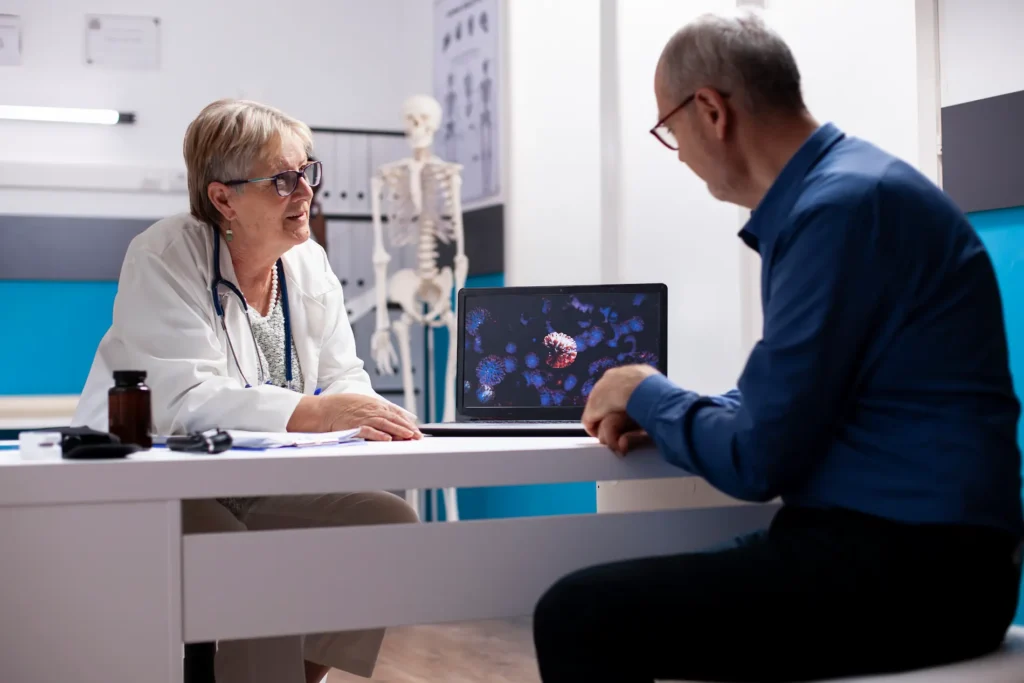Peptide therapy is one of the most talked-about advancements in regenerative medicine. But what exactly is it, and how does it work? If you’ve been hearing about peptides for muscle growth, weight loss, or even anti-aging, you’re not alone. Let’s break it down.
Understanding Peptides: The Building Blocks of Life
Peptides are short chains of amino acids—think of them as mini-proteins. They occur naturally in the body and play a role in essential biological functions like hormone production, immune responses, and cell signaling. Scientists have found ways to harness peptides for therapeutic benefits, leading to the development of peptide therapy.
How Peptide Therapy Works
Peptide therapy involves using specific peptides to target various functions in the body. These peptides can be administered through injections, oral supplements, or topical applications, depending on the goal.
Key Benefits of Peptide Therapy:
- Enhances muscle growth and recovery – Used by athletes and fitness enthusiasts to support performance and reduce downtime after workouts.
- Supports weight loss and metabolism – Some peptides stimulate fat breakdown and help regulate appetite.
- Improves skin health and anti-aging – Certain peptides boost collagen production, reducing wrinkles and improving elasticity.
- Boosts cognitive function – Some peptides enhance memory, focus, and overall brain health.
- Supports immune system function – Used in regenerative medicine to accelerate healing and repair tissues.
Types of Peptides Used in Therapy
1. Growth Hormone-Releasing Peptides (GHRPs)
- Stimulate the natural production of growth hormone.
- Common peptides: CJC-1295, Ipamorelin.
- Benefits: Increased muscle mass, fat loss, and better recovery.
2. BPC-157
- Known for its regenerative and healing properties.
- Helps with tissue repair, gut health, and inflammation reduction.
3. Thymosin Alpha-1
- Supports immune function and fights infections.
- Commonly used in autoimmune conditions and chronic illnesses.
4. Melanotan-II
- Stimulates melanin production for skin pigmentation.
- Also known for libido-enhancing effects.
Is Peptide Therapy Safe?
Peptide therapy is generally considered safe when used under medical supervision. However, as with any therapy, there are potential side effects such as mild irritation at the injection site, nausea, or fluctuations in appetite. It’s essential to work with a qualified healthcare provider to determine the right peptide regimen for your needs.
How to Get Started with Peptide Therapy
If you’re considering peptide therapy, the first step is a consultation with a functional medicine provider who specializes in regenerative treatments. At 4Ever Health, we offer personalized peptide therapy plans tailored to your health goals.
Ready to Explore Peptide Therapy?
📞 Call us today at (313) 290-2250
🌐 Visit 4everhealth.org to schedule a consultation!


